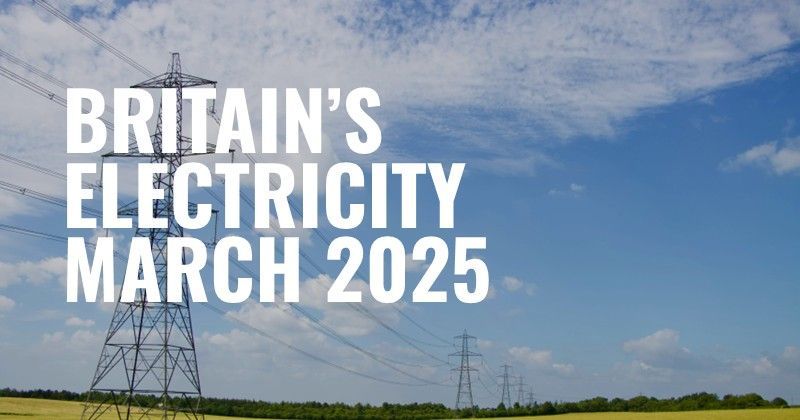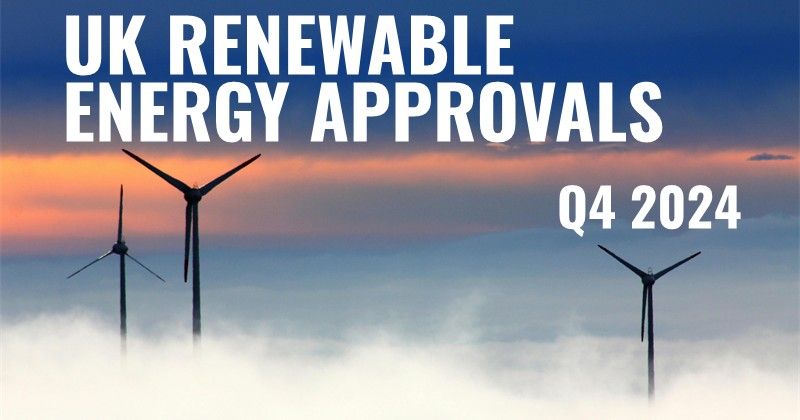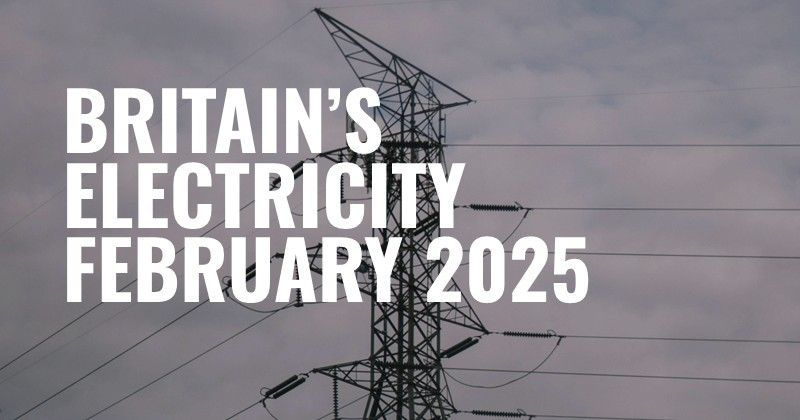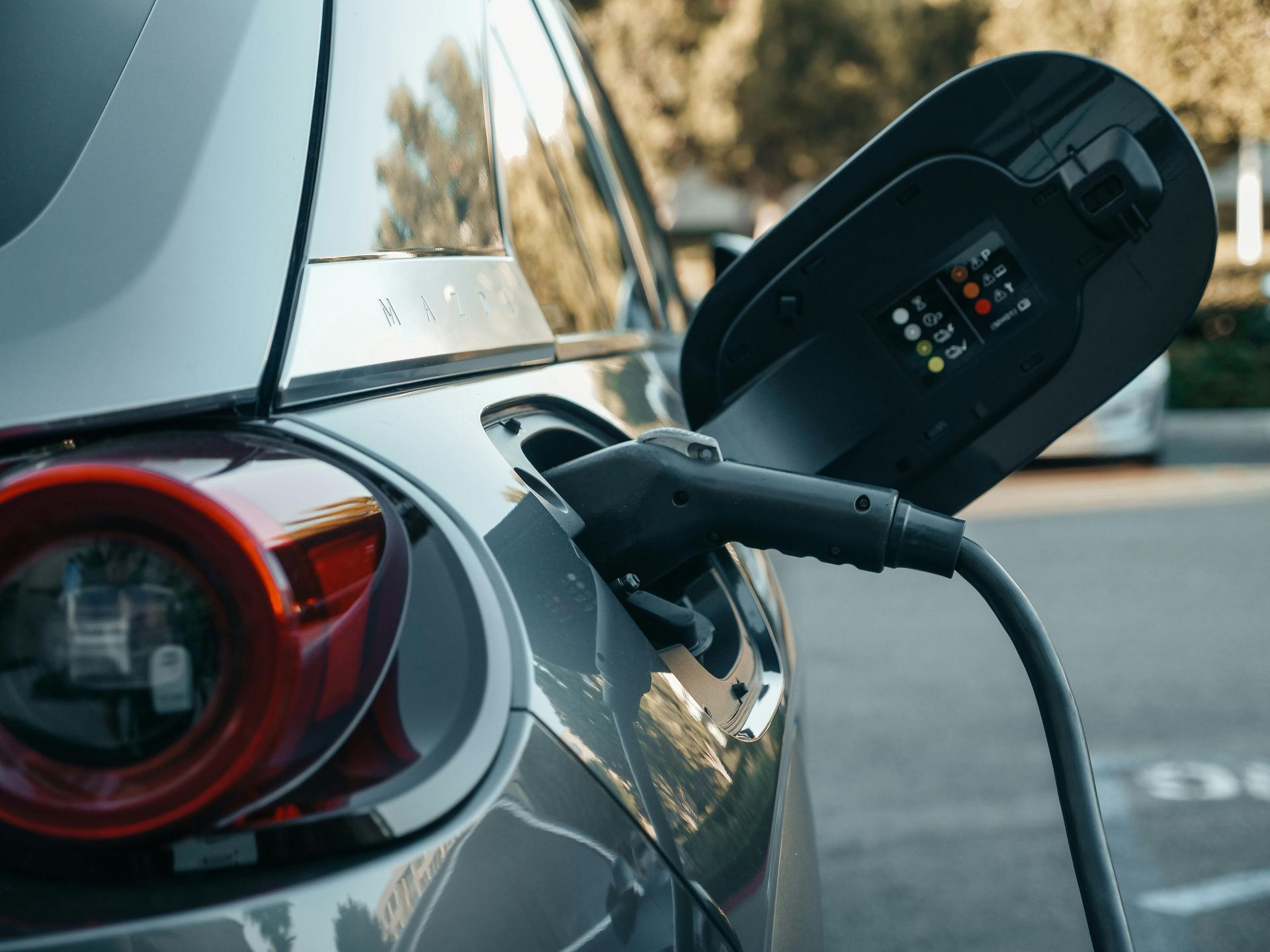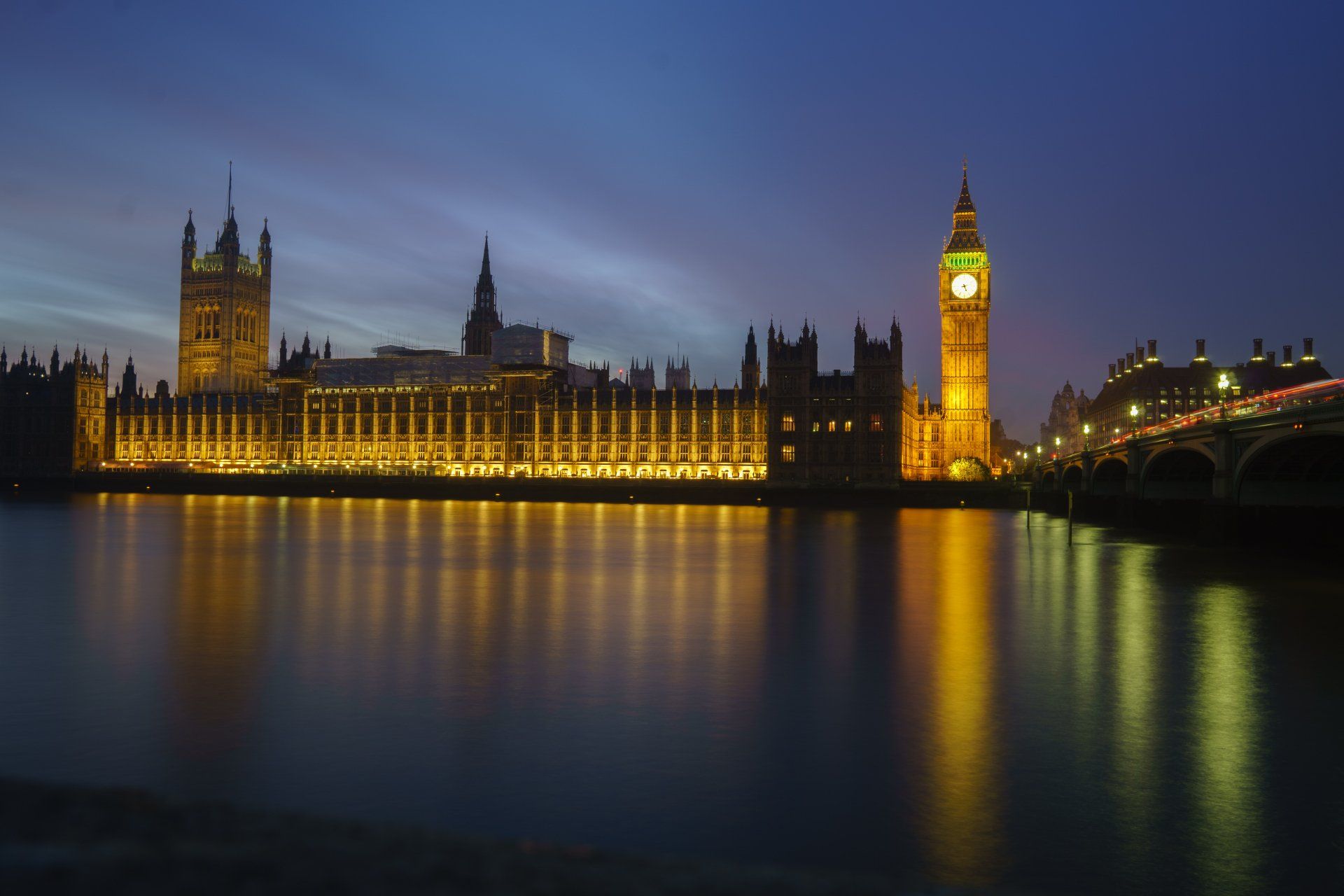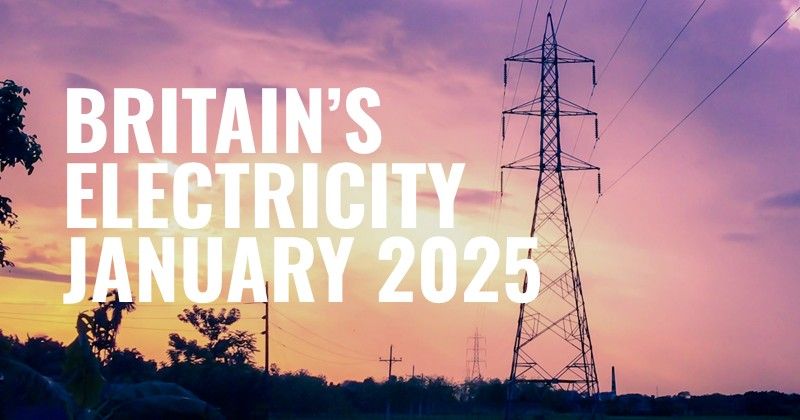Press Release - Are Businesses Ignoring the Climate Crisis?
PRESS RELEASE
FOR IMMEDIATE RELEASE
3 November 2024
New Report Highlights “Alarmingly Poor” Response of FTSE250 Companies to Climate Crisis
- 7% rise in carbon emissions as business growth outpaced effective environmental action
- 41% of businesses do not have a net zero target date
- 20% of businesses failing to report Scope 3 emissions
- Average net zero target date extended by 13 months
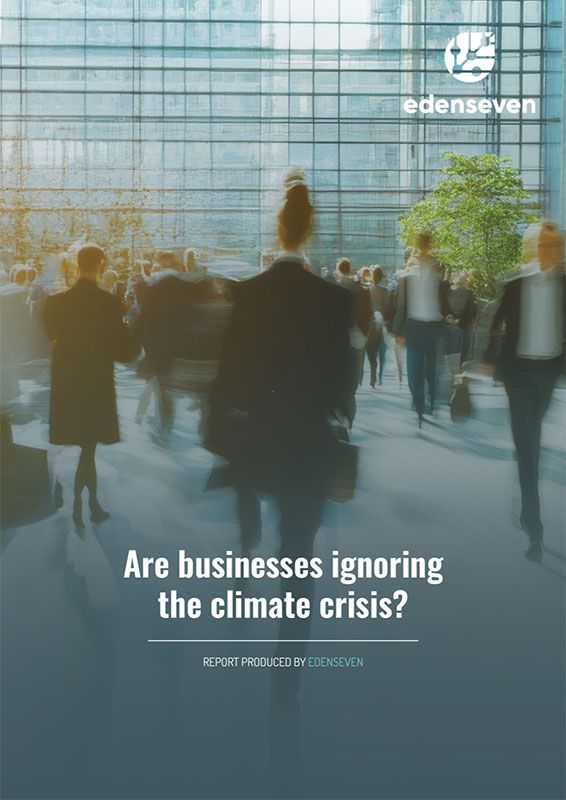
A new sustainability report has revealed that 41% of FTSE250 companies are not responding quickly enough to the warnings about the impact of climate change and have still not set or declared a net zero target date.
To meaningfully reduce emissions, businesses must set a clear target year to achieve net zero - and this latest report by expert sustainability consultancy, edenseven [corr] highlights a growing gap in climate commitments ahead of the UK’s 2050 net zero goal, and ahead of the 2024 UN Climate Change Conference (UNFCCC COP 29) which is set to convene from 11 to 22 November 2024 in Baku, Azerbaijan.
The FTSE250, the bedrock of the UK economy, generates equivalent to over half (53.8%) of the UK’s total emissions, and represents a key benchmark for evaluating the UK’s response to the climate crisis challenge.
However, the report reveals that only 14% of the FTSE250 have Science-Based Targets initiative (SBTi) accreditation. With the average net zero target date now delayed to December 2044 - 13 months later than last year - reflecting a lack of credible and actionable emission reduction plans.
Of particular concern is the report of emissions increasing. The FTSE250’s Scope 1, 2, and 3 emissions have increased to 206.4 million tons of CO2e, a 7% increase in like for like emissions compared to the previous year. As this is in line with a 9% increase in revenue, it reflects how businesses are not decarbonising quickly enough to offset their revenue growth and are failing to integrate all-important climate considerations into their growth strategies.
The report also highlights a decline in transparency reporting, with 20% of businesses failing to report any Scope 3 emissions at all. These are the indirect emissions from a company’s value chain, which form the largest component, accounting for 86% of a company’s total carbon footprint.
Pete Nisbet, managing partner at edenseven, says: “The findings of this latest report are concerning and the response from some of these FTSE250 companies has been alarmingly poor. The reality is, every company, whatever their business, whatever their size, needs to be working towards net zero. The FTSE250 have the potential to lead the UK towards a sustainable future, and it is critical that these businesses take decisive action now.
“Managing emissions offers advantages in competitiveness, compliance and credibility. Proactively reducing emissions can cut costs through energy efficiency and waste reduction, while investments in clean technologies lower long-term cost exposure and risk. Stakeholders also place increasing value on those prioritising sustainability and social responsibility, and so it’s crucial for reputation too.”
Marvin Rees is a member of the Global Commission for Urban SDG Finance and former Mayor of Bristol. Last week, the Bristol City Leap project received the prestigious ‘2024 Award of Distinction for Public-Private Collaboration in Cities’ at the World Economic Forum's Urban Transformation Summit. Marvin says: “Government action is essential, but government action alone will never be enough. To achieve net zero and avoid catastrophic global warning, we need the private sector not just to deliver, but to provide leadership for others.
“This is not an optional extra from the CSR and ESG “To Do” list. Climate change and its social, political and economic consequences must be recognised as being business critical. We need businesses to understand and operate with an understanding that the way they do business today will determine whether the world is more, or less, conducive to their ability to do business in the years and decades ahead.”
Global energy transition expert Graeme Cooper also wants to see more commitment from the FTSE250. He says: “I would expect to be seeing real leadership from the FTSE250 by now, but as this report suggests they don’t seem to be moving at a quick enough pace to achieve their own, let alone the country’s, targets.
“There are great examples out there where, rather than focusing on reporting, companies are incorporating environmental impact into their short term and leadership targets, and it’s those companies that see the benefits of improved efficiency and reduced running costs. We need to move from warm words to demonstrable action, embed environment targets to individuals’ performance metrics, and change the narrative by showing the benefits achieved through good data and processes and their effect on the bottom line.”
Ends
Supplementary FTSE250 company comment
David Ville, Group Carbon & Environment Manager: "At Currys, we've decarbonised massively over the last few years, and we're all really proud of the progress we've made. From the new products and propositions we are launching, to the circular business models we are growing and the carbon reduction investments we are making; climate change impacts are integrated in what we do.”
About edenseven
edenseven is an expert sustainability consultancy that helps organisations achieve quantifiable environmental and financial benefits by designing, improving and running data-driven sustainability strategies.
edenseven’s approach is always “Driven by Data” - a fact underlined by their leading carbon accounting and management platform www.cero.earth. This solution delivers seamless management and reporting of Scope 1, 2 & 3 emissions, project and progress tracking, insight generation and integrated compliance solutions.
edenseven has assembled a unique team of like-minded people with decades of real-world experience to provide advice and create tools that deliver both environmental and business benefits for clients.
www.edenseven.co.uk
PRESS CONTACT
For interviews with Pete Nisbet (Managing Partner) or Simon King (Partner) at edenseven, please contact:
carole.ayemaungkyles@cofinitive.com
Pete Nisbet – Pete is the Managing Partner at edenseven. He started his career over 25 years ago working for Southern Gas in their operations team and since then has built a deep understanding of the Global Energy and Carbon sector having held senior roles in operations, commodity trading and portfolio management. Pete most recently held the role of Managing Director for Mitie Energy where he built an award-winning and market-leading business which provided Integrated Energy and Carbon Services. At edenseven, Pete leads the business, working across multiple industries, helping clients manage their complex decarbonisation programmes to achieve their net zero targets.
Simon King - Simon is a Senior Partner at edenseven. He is an experienced Sustainability & ESG senior leader, who repositioned Mitie (the UK's leading Facilities Management company with £4.5 bn revenue & 78,000 employees) as an ESG high performer. Launched Plan Zero, a commitment to net zero by 2025 with 35% achieved, alongside decarbonisation services for clients with 350,000 tonnes saved and rolled out what was the largest Electric Vehicle Fleet in the UK. Previously Simon was a Global Chief Procurement Officer, having worked for Tata Group (TGB), Coca-Cola and Dairy Crest.
Note to editors: Trademarks and registered trademarks referenced herein remain the property of their respective owners.
